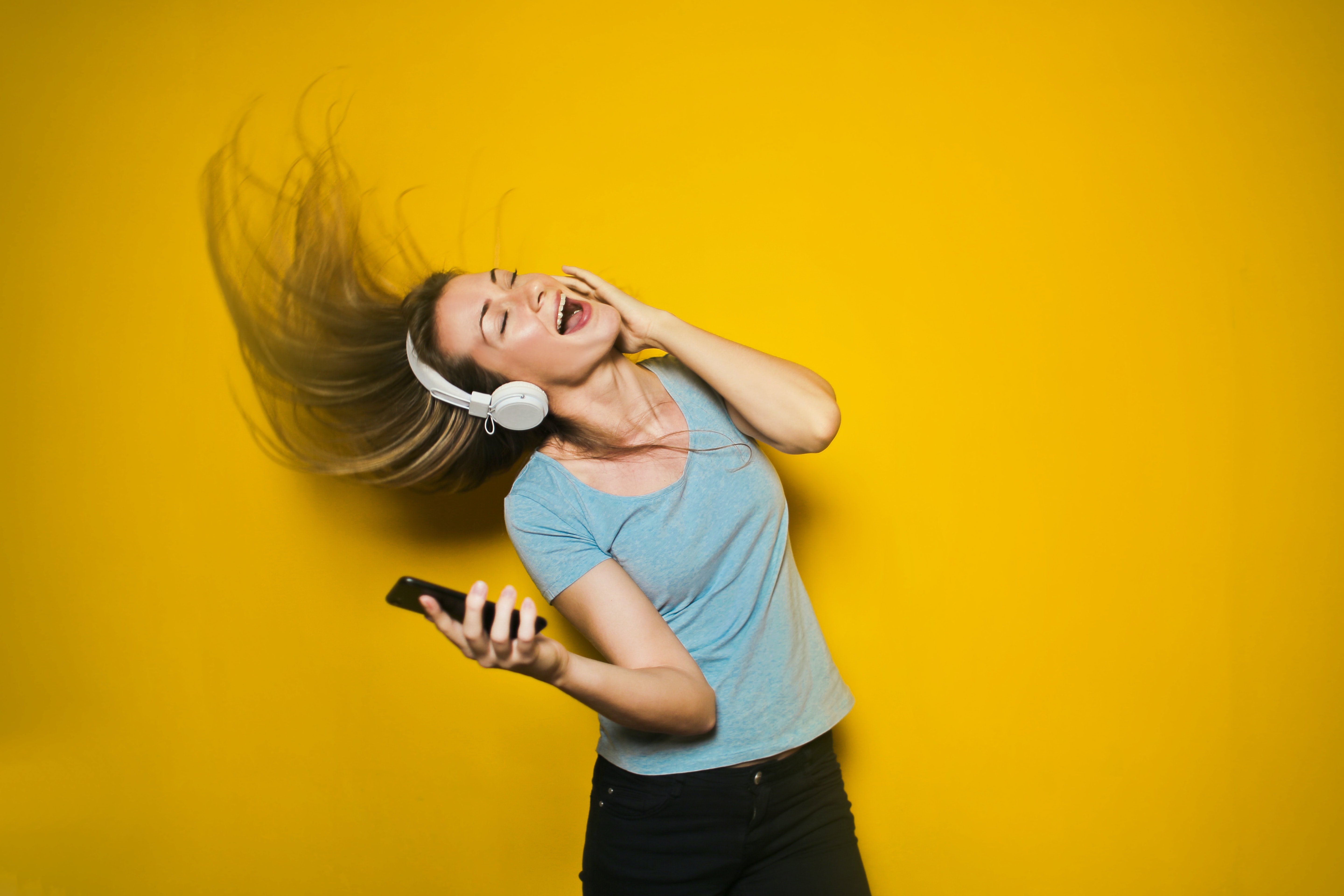
In the past few months, there has been an explosion of group singalongs around the world. People are singing from their balconies in Italy, the United States, and Canada. Others are using technology to sing together virtually.
In Columbus, children played their cellos from their porch so an elderly neighbor could hear. A Dutch orchestra gave a virtual performance of Ode to Joy.
There’s a reason so many people are breaking out into song during this health crisis. Music, particularly singing, helps people stay resilient despite chronic stress and adversity. Singing with other people is even more beneficial.
Research suggests that creating music together evolved as a tool of social living. Groups and tribes sang and danced to build loyalty, transmit vital information, and ward off enemies.
Numerous studies demonstrate that music reduces anxiety and stress, and improves mood and performance. Some research suggests that music enhances our immune system by reducing the stress hormone cortisol and boosting the Immunoglobin A antibody. Researchers found that group singing builds social bonds, strengthening the connections we need for resilience.
Singing may promote a sense of happiness and wellbeing. Researchers found that people feel more positive after actively singing than they do after passively listening to music or chatting about positive life events.
In This is Your Brain on Music: The Science of a Human Obsession, rocker turned neuroscientist Daniel J. Levitin writes that music is fundamental to human beings. He argues that music serves as an indicator of cognitive, emotional, and physical health and is evolutionarily advantageous as a force that leads to social bonding and increased fitness.
Luckily, we can all sing. During this crisis, make an effort to sing every day. If you’re bored singing along to the radio or YouTube videos, check out online karaoke sites or join a virtual choir. If you can’t carry a tune, no one will judge your performance in the shower!

